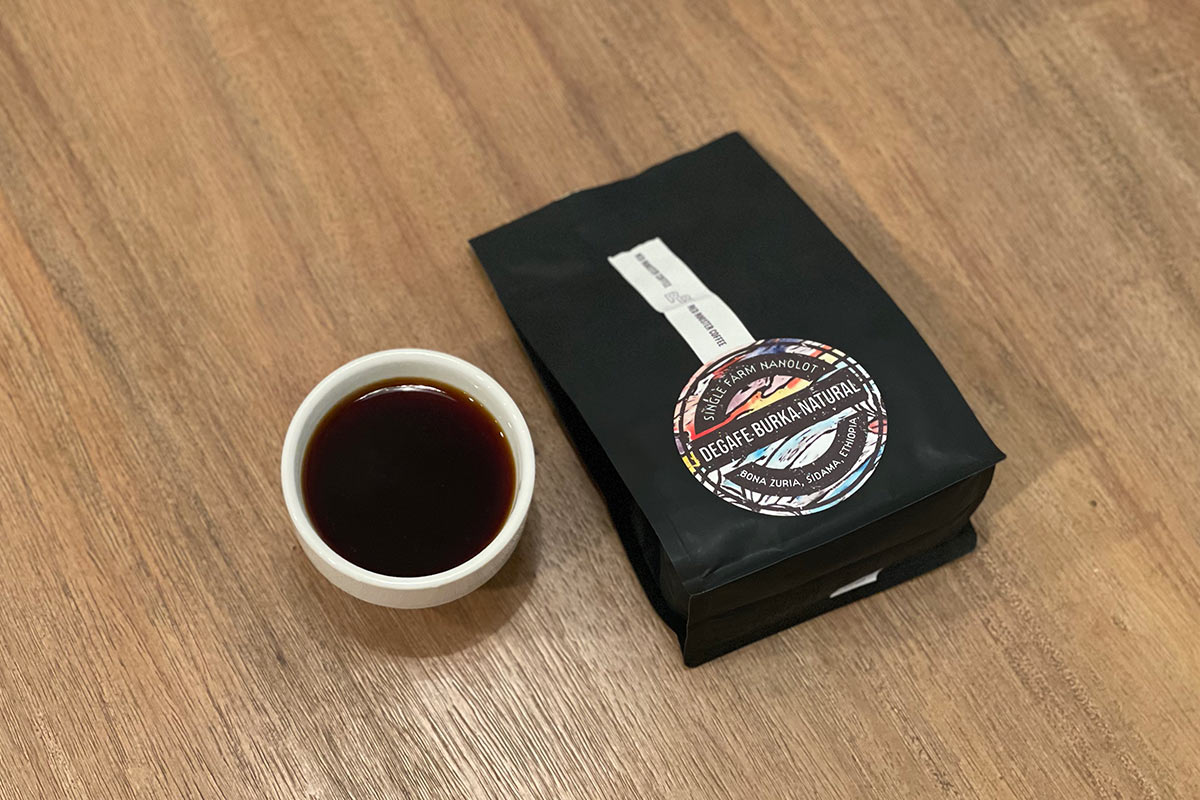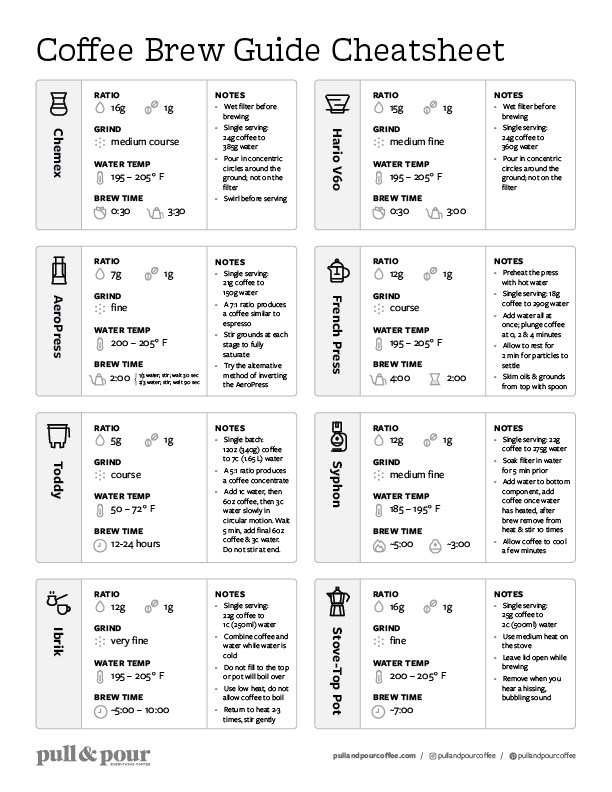In Ethiopia, small coffee producers usually group their harvests with other local farms at washing stations to form larger community lots. Isolating coffee down to a single farm is very rare and difficult to do in Ethiopia. Red Rooster worked with Catalyst Trade, to help Degafe Burka, the producer of this coffee, separate his coffee into a single farm nano-lot. Degafe was paid a premium for his coffee and Red Rooster is returning 25% of the profits from every sale back to Degafe. When I heard the incredible story of this coffee, I knew I had to buy a bag—and I’m really glad I did.
The coffee began with a sweet honey fragrance of berries. The flavor was incredibly fruit-forward and reminded me of blueberry, raspberry and stone fruit. There was a silky smooth mouthfeel and a light body. The strong, almost sharp acidity was exactly what I expected from a naturally processed Ethiopian coffee and was balanced with a strong, yet slightly delicate berry honey sweetness. The aftertaste featured lingering sweetness & acidity, but rounded out as the coffee cooled. I really enjoyed this coffee in a variety of brew methods from the clean, crisp pour over to bright, fragrant iced flash brew to the sweet, blueberry-forward espresso—it really could do it all.
The Bottom Line
This coffee fit my favorite profile of a naturally processed Ethiopian coffee perfectly. It was sweet, berry-forward and delicious. I loved reading about its story and was proud to helps support Degafe Burka through my purchase. I can’t wait to try additional nano-lot coffees from Ethiopian now as well.

